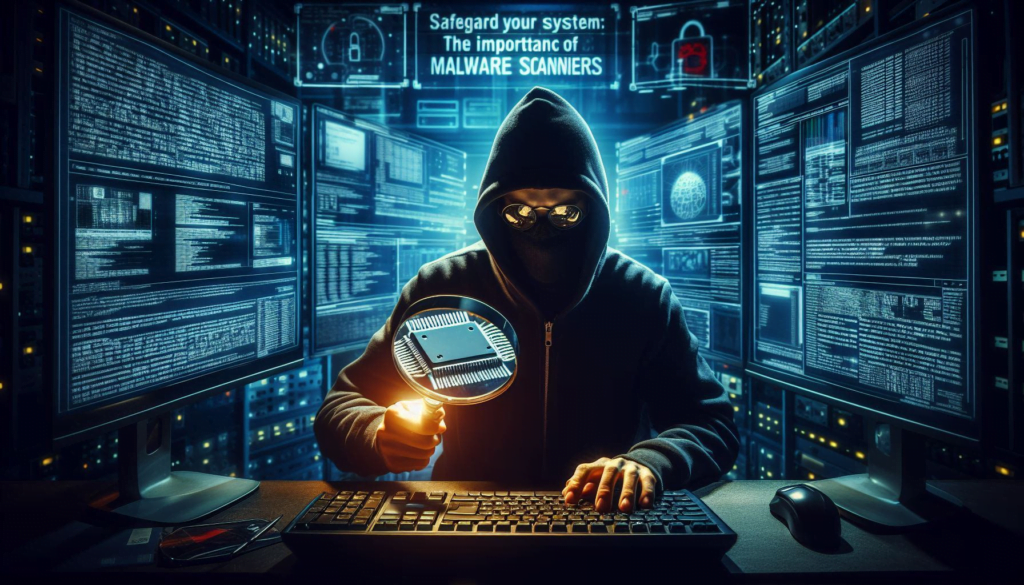
If you are searching for the real-world truth about cybersecurity careers, you are not alone. Many people think cyber security jobs mean hacking into systems with cool tools and earning fast money. The truth is more complex. At Technology Moment, we believe in showing the real picture. Cybersecurity is one of the fastest-growing tech fields in the world, but it demands skill, patience, and constant learning. Companies face data breaches, ransomware, and AI-driven attacks every day. They need skilled professionals who can protect networks, cloud systems, and user data. This career is exciting, but it is also serious work.
When people search for how to start a career in cybersecurity with no experience, they often expect quick results. In reality, most entry-level roles focus on monitoring systems, analyzing alerts, and handling basic security tasks. You may work in a Security Operations Center (SOC). You might review logs, track suspicious activity, or respond to small incidents. It may not sound glamorous, but this is where strong careers begin. Think of it like being a doctor in training. You learn by observing, practicing, and solving real problems. Over time, you build great technical skills in network security, cloud security, and threat detection.
Many readers ask, what skills are required for cybersecurity jobs in 2026 and beyond? The answer is simple but powerful. You need technical knowledge and soft skills. You should understand networking, operating systems, and cybersecurity tools like SIEM platforms. But that is not enough. You must also explain risks to managers who are not technical. Clear communication matters. Problem-solving matters. Curiosity matters. For example, if a company faces a phishing attack, you must analyze the source, block the threat, and educate employees. At Technology Moment, we guide readers through practical skills that match real hiring trends across the USA, Europe, India, and remote markets.
The Reality of Cyber Security Job Demand and Competition
Search trends show rising interest in high paying cyber security jobs worldwide. Yes, demand is strong. Governments, banks, startups, and even small businesses need security experts. However, competition is also growing. Online courses, bootcamps, and AI tools have made learning easier. This means more candidates enter the field each year. To stand out, you must build hands-on projects, earn relevant certifications, and gain real experience. Think of cybersecurity like a digital battlefield. The threats evolve daily. The professionals must evolve faster. That is the true challenge.
So, is cybersecurity worth it in today’s tech world? Absolutely — if you are ready for continuous growth. This field offers strong salaries, remote work options, and global career mobility. But it demands discipline and lifelong learning. The key is to approach it with clear expectations. At Technology Moment, we focus on honest, practical guidance. We break down complex tech trends into simple advice you can use. If you want a career that mixes technology, strategy, and real-world impact, cybersecurity can be a powerful path. Just walk in with open eyes — and a strong mindset.
Tough Fact #1 – Entry-Level Positions in Cyber Security Are Not Truly “Entry-Level”
You may search for “entry-level cybersecurity jobs for beginners” and feel excited. The salary looks good. The job title sounds simple. But here is the truth. Most of these roles still ask for one to three years of experience. That does not feel like entry-level, right?
Companies want someone who can protect real systems from day one. They deal with real attacks. They cannot afford long training periods. So even junior cybersecurity analyst roles often expect hands-on lab work, internships, or prior IT support experience. This creates what many call the “experience paradox.”
I have seen many beginners with certifications struggle because they never worked with live networks. Employers want proof that you can handle firewalls, SIEM tools, and threat alerts. They want practical skills, not just theory. This is why building a home lab and doing real-world projects matters so much.
If you are starting fresh, do not panic. Many successful professionals began in an IT help desk, system administration, or network support. Cybersecurity hiring managers often prefer candidates with a strong IT base. So instead of chasing the title, focus on building real skills. That is how you truly enter this field.
Tough Fact #2 – Certifications may involve high costs and require a considerable amount of time.
When you search for “best cybersecurity certifications in 2026,” you will see long lists. CompTIA, CEH, CISSP, cloud security certifications, and more. Each one promises career growth. But few people talk about the cost. Many of these exams are not cheap.
Some certifications cost hundreds of dollars. Advanced ones can cost even more. Add training courses, practice tests, and renewal fees. Suddenly, your investment grows fast. For many beginners around the world, this is a serious financial decision.
Time is another hidden cost. Preparing for a well-known certification can take months. You need discipline. You need lab practice. And if you fail, you pay again. That pressure is real. It can feel like running a marathon with a heavy backpack.
Does that mean certifications are useless? Not at all. They can open doors. But you must think about return on investment. Choose certifications that match your career goal. Do not collect certificates like trophies. Focus on skills that match trending job roles like cloud security, AI security, and SOC analyst positions.
Tough Fact #3 – Cyber Security Is Not Just Hacking
Many people enter this field because they love the idea of ethical hacking. Movies and social media show hackers typing fast on dark screens. It looks cool. It feels powerful. But real cybersecurity jobs are very different.
Most professionals are not breaking into systems. They are monitoring logs, reviewing alerts, updating policies, and checking vulnerabilities. A day in the life of a security analyst often includes long hours in front of dashboards. It is more about defense than offense.
There are many domains in cybersecurity. Governance, risk, and compliance. Security operations. Cloud security. Digital forensics. Threat intelligence. Ethical hacking is just one part of a huge ecosystem. When you search for “cyber security career path roadmap,” you will see how wide this field is.
If you only want hacking, you may feel bored in other roles. But if you love solving puzzles and protecting systems, you will enjoy it. Cybersecurity is like being a digital bodyguard. You watch, you analyze, and you respond. It is less about drama and more about discipline.
Tough Fact #4 – Continuous Learning Is Mandatory
In many careers, you can learn once and work for years. Cybersecurity is not like that. Threats change fast. New malware appears. AI-powered attacks grow. Cloud environments evolve. What you learned last year may not be enough today.
If you search for “latest cyber security trends 2026,” you will see topics like AI security risks, zero trust architecture, and ransomware-as-a-service. The field keeps moving. That means you must keep learning. Reading blogs, testing tools, attending webinars, and practicing labs become part of your routine.
This can feel exciting. It keeps your mind sharp. But it can also feel exhausting. You cannot ignore updates. A small mistake can lead to big damage for a company. That responsibility pushes you to stay alert.
The good news is that curiosity makes this easier. If you love technology, learning feels natural. It becomes less of a task and more of a habit. Think of it like going to the gym. You do not train once and stop. You train regularly to stay strong.
Tough Fact #5 – Stress Levels Can Be High
Let’s talk about something people rarely mention. Stress. When a cyber attack happens, the pressure is intense. Systems may go down. Customers may panic. Management wants answers fast. You become part of the frontline team.
In Security Operations Center roles, alerts come non-stop. Some are false positives. Some are real threats. You must decide quickly. A wrong call can cost money or reputation. That constant decision-making can drain your energy.
Incident response can feel like fighting a fire at midnight. You may work late hours. You may wake up for urgent calls. In global companies, time zones add another layer of pressure. Cyber attacks do not follow office hours.
But here is the balance. Stress often comes with responsibility and growth. Over time, you build resilience. You learn to manage pressure. Strong teams also share the load. If you prepare mentally and develop healthy work habits, you can survive and even thrive in this high-demand cybersecurity career.














This is fantastic information! I’ve been thinking about a career change, and these cyber security jobs sound so intriguing. Thanks for the inspiration!
Thanks for sharing these insights! Cyber security is such a crucial industry, and knowing which jobs are in demand makes it easier for us to plan our careers. Really appreciate it!
This info is gold! Cyber security seems like such a rewarding career path, and your breakdown makes it feel more accessible. Can’t wait to learn more about these roles!
Wow, this list of high-demand cyber security jobs is super helpful! It’s amazing to see how many opportunities are out there for those looking to dive into this field. Thanks for sharing!
So interesting! I had no idea there were so many roles in cyber security that are in high demand right now. This definitely piques my interest—thank you!